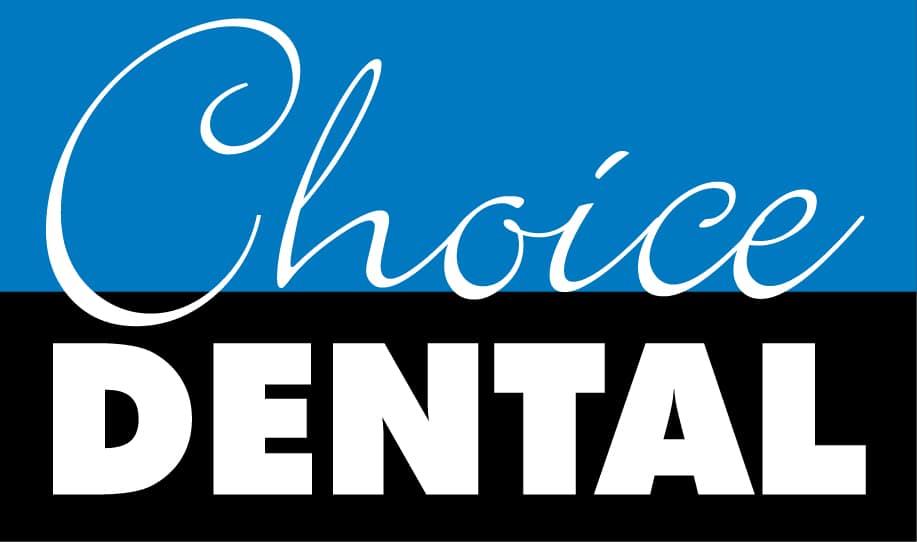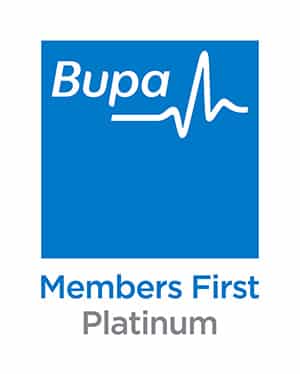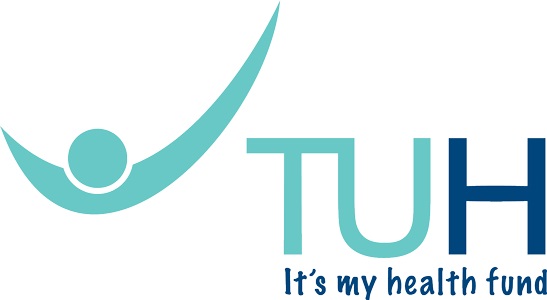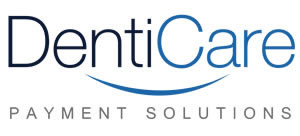With so many brands, shapes and sizes available at the supermarket it can become quite confusing as to which tooth brush is best for you. Choices include electric and manual; Soft, medium or hard; straight, cross action, angled, ahhhhh stop now.
So what is the best brush when cleaning your gums?
Which one wont damage your gums?
What will be easy to use and effective?
There is no scientific evidence to prove that one tooth brush design is better at removing bacteria than another. The only thing that really matters is HOW you are brushing your teeth. Most of us, just aren’t brushing long enough to efficiently reach and remove all cavity causing bacteria. It is recommended we brush at least 2-3 minutes.
Which tooth brush
We all have different size mouths, and different shaped teeth. Some of us may have some teeth missing or a health condition that makes it difficult to maintain optimum oral health. Speak to your dental hygienist about your daily routine and health needs at your next six month oral health appointment.
Our Dental Hygienist is committed in providing personalised routines that will work for you and can ensure you a selecting a tooth brush and floss that suits your mouth and needs
In general the tooth brush you select should have a small head for easy access to all areas of the mouth, teeth and gums. It should have a long wide handle that is easy to grip. The bristles should be a soft nylon with rounded ends so you wont hurt your gums.
Remember to change your tooth brush regularly. (which ever sooner)
1) Every 3 – 4 months
2) After an illness
3) Before the bristles become splayed and frayed
Don’t Forget !
Not only are old tooth brushes ineffective but they can also harbour nasty bacteria.
Speak to your dentist and dental











